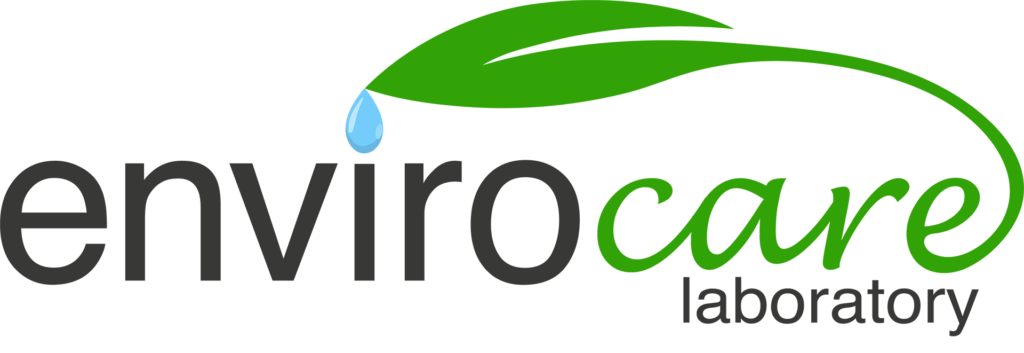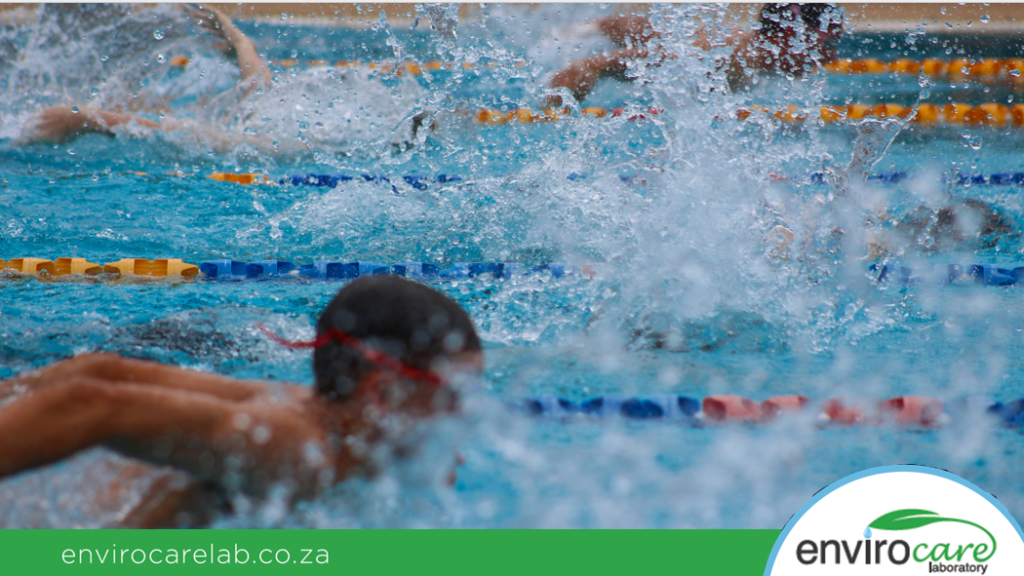Maintaining hygienic and safe swimming pool water is not only about keeping it crystal clear — it’s a legal and public health obligation in South Africa. Whether your pool serves a school, resort, gym, or lodge, ensuring compliance with national environmental health regulations is vital to protect bathers and maintain credibility.
South African Regulatory Background
Swimming pool water quality in South Africa is governed primarily by the National Health Act (Act No. 61 of 2003) and its supporting document, the Norms and Standards for Environmental Health Services in South Africa (Department of Health, 2013; revised 2019).
These regulations require that:
-
Water used in swimming pools and spa baths must be obtained from an approved water source.
-
Pool operators must monitor and record water quality on a regular basis.
-
Samples for laboratory analysis must be tested by a SANAS-accredited or Department of Water Affairs–approved laboratory.
-
The total viable bacteriological count must not exceed 100 organisms per mL of pool water.
-
E. coli (or other faecal coliform bacteria) must be absent in 100 mL of water.
-
The pH must be maintained between 7.2 and 7.8 for chlorine-based disinfectants.
-
The free available chlorine residual must remain between 0.5 mg/L and 3.0 mg/L.
Local By-Laws
Municipal Public Health or Environmental Health By-laws further reinforce these requirements. For instance:
-
City of Johannesburg Public Health By-law (2018) – mandates that swimming pools must be maintained in a clean, hygienic condition and that water quality be tested to comply with national standards.
-
Buffalo City Metropolitan Municipality Environmental Health By-law (2010) – stipulates that free chlorine must be between 0.5–3 mg/L, pH between 7–8, and total bacterial count ≤ 100 organisms/mL; E. coli must be absent in 100 mL.
Why Pool Water Testing Matters
Without adequate disinfection and monitoring, pool water can harbour microorganisms such as E. coli, Pseudomonas aeruginosa, and Staphylococcus aureus, all of which can cause skin, eye, ear, and gastrointestinal infections.
Testing verifies that your chemical balance and filtration system are effective and that your water remains safe for public use.
Recommended Testing Parameters
To comply with South African standards, the following parameters should be tested regularly:
Microbiological Analysis
-
Total Viable Count (TVC) – indicator of general bacterial load
-
E. coli / Total Coliforms – indicators of faecal contamination
-
Pseudomonas aeruginosa – linked to skin and ear infections
-
Yeast & Moulds – optional, but recommended for spa or heated pools
Chemical Analysis
-
pH (7.2 – 7.8)
-
Free Available Chlorine (0.5 – 3.0 mg/L)
-
Turbidity / Clarity (< 5 NTU)
-
Total Dissolved Solids (TDS)
-
Alkalinity and Hardness
-
Cyanuric Acid (if chlorine stabiliser is used)
Sampling and Record-Keeping
According to the National Health norms:
-
Pool operators must test pH and chlorine levels daily using onsite kits.
-
Laboratory testing should be performed at least monthly, and after any major repairs, cleaning, or contamination incidents.
-
Records of both onsite and laboratory tests must be kept for inspection by Environmental Health Practitioners (EHPs).
Testing with Envirocare Laboratory
At Envirocare Laboratory (Pty) Ltd, we assist pool operators, schools, and leisure facilities in meeting these legal and health standards.
Our SANAS-accredited testing services provide rapid, accurate results for both microbiological and chemical parameters, ensuring full compliance and public safety.
📞 Tel: +27 18 294 4283
📧 Email: info@envirocarelab.co.za
🌐 Website: www.envirocarelab.co.za
Summary of Key Parameters
| Parameter | Acceptable Limit / Range | Testing Frequency | Responsible |
|---|---|---|---|
| pH | 7.2 – 7.8 | Daily | Operator |
| Free Chlorine | 0.5 – 3.0 mg/L | Daily | Operator |
| Total Viable Count | ≤ 100 organisms/mL | Monthly | Laboratory |
| E. coli | Absent in 100 mL | Monthly | Laboratory |
| Turbidity | Clear / < 5 NTU | Monthly | Laboratory |
In Summary
Swimming pool testing is not optional — it is a national health requirement designed to protect public wellbeing. Regular monitoring of microbial and chemical parameters ensures compliance, prevents disease transmission, and maintains water clarity and safety.
By partnering with Envirocare Laboratory, you can be confident your pool water meets all South African regulatory standards — accurately, reliably, and professionally.
Reference List
-
Department of Health (South Africa). (2019). Norms and Standards for Environmental Health Services in South Africa. Pretoria: National Department of Health.
Available from: https://knowledgehub.health.gov.za/system/files/elibdownloads/2019-07/Norms%20and%20standards%20for%20environmental%20health.pdf -
Republic of South Africa. (2003). National Health Act, Act No. 61 of 2003. Government Gazette No. 26595. Pretoria: Government Printer.
Available from: https://www.gov.za/documents/national-health-act -
City of Johannesburg Metropolitan Municipality. (2018). Public Health By-law. Provincial Gazette No. 2, May 2018. Johannesburg: City of Johannesburg.
Available from: https://lawlibrary.org.za/akn/za-gt423/act/by-law/2018/public-health/eng@2018-05-02 -
Buffalo City Metropolitan Municipality. (2010). Environmental Health By-law. Provincial Gazette No. 2439, October 2010. East London: Buffalo City Metropolitan Municipality.
Available from: https://lawlibrary.org.za/akn/za-buf/act/by-law/2010/environmental-health/eng@2010-10-22 -
South African Bureau of Standards (SABS). (2016). SANS 10134: Safety of Private Swimming Pools. Pretoria: SABS Standards Division.
-
South African Bureau of Standards (SABS). (2011). SANS 241: Drinking Water – Quality Requirements. Pretoria: SABS Standards Division. (Referenced for comparative microbiological limits.)
-
Department of Water and Sanitation (South Africa). (2016). Regulations Relating to Compulsory National Standards and Measures to Conserve Water. Government Gazette No. 22355. Pretoria: Government Printer.


